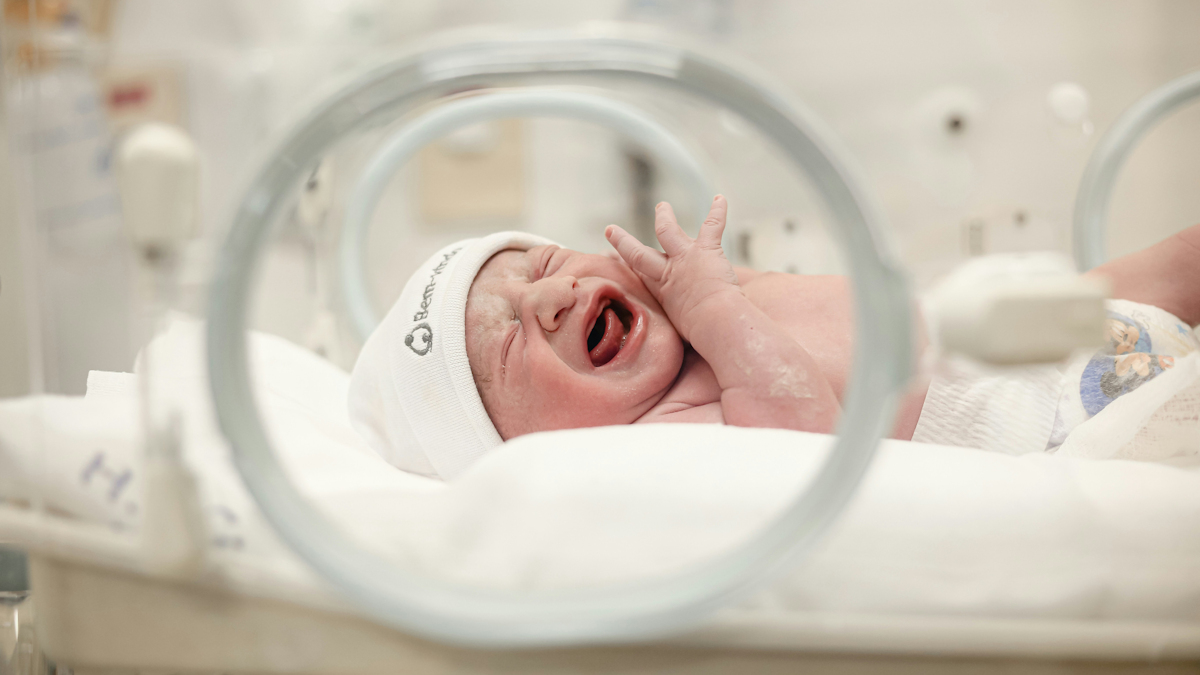A new regulatory pathway for personalised therapies based on ‘plausible mechanism’, which could see therapies authorised after testing on a tiny number of patients, has been revealed by the FDA.
FDA Commissioner Marty Makary and Vinay Prasad, director of the Center for Biologics Evaluation and Research (CBER), describe the new pathway – intended for therapies for which a randomised clinical trial is not feasible – in an editorial in the New England Journal of Medicine.
The ‘Sounding Board’ article discusses developing a truncated route to market for therapies that would be used for conditions that affect only a small number of individuals, with an emphasis on candidates for rare fatal diseases and severe childhood disabilities.
It has grown out of a case involving ‘Baby KJ’, who made history earlier this year when he became the first patient to be treated with a bespoke, in vivo CRISPR gene editing therapy designed to correct the specific mutation behind his illness.
With the plausible mechanism pathway, the FDA hopes to develop a standardised mechanism by which other patients can access this kind of personalised therapy where there is “a well-characterised natural history of the disease in the untreated population.”
There will also need to be evidence for the feasibility of a proposed treatment, such as in vitro or animal testing results. In the case of Baby KJ, for example, the treatment team drew on studies showing that the target genetic defect could be edited in cultured liver cells.
“Critics may contend that there is no need for an alternative pathway and that existing FDA operations are able to address bespoke, transformative therapies,” write the regulators in the paper.
“Unfortunately, the FDA has heard from patients, parents, researchers, clinicians, and developers that current regulations are onerous and unnecessarily demanding, provide unclear patient protection, and stifle innovation.” They continue. “We share this view.”
CBER recently started preparing for such a pathway with the publication of three draft guidance documents covering the use of regenerative medicines and cell and gene therapies (CGT) for serious conditions affecting small populations.
The documents look at expedited programmes for regenerative medicines intended for serious conditions, along with trial design for small-population indications and post-approval safety and efficacy data capture for CGTs.
“Once a manufacturer has demonstrated success with several consecutive patients with different bespoke therapies, the FDA will move toward granting marketing authorisation for the product,” write Makary and Prasad in the paper.
“Manufacturers will then be able to leverage platform data from such personalised products to gain marketing approval for similar products in additional conditions.”
Photo by Gabriel Dizzi on Unsplash
